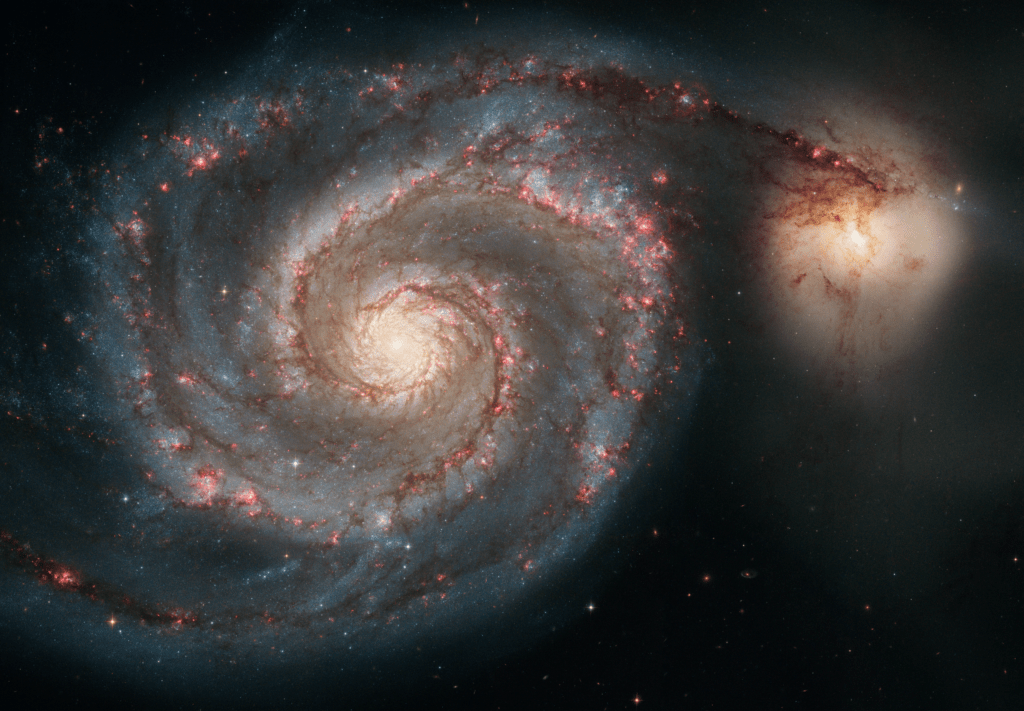
Astrophysics is a branch of astronomy that focuses on the study of the physical properties and behavior of celestial objects and phenomena in the universe. It combines principles of physics and astronomy to understand the fundamental processes and interactions that occur in space. Astrophysicists seek to answer questions about the origin, evolution, and behavior of stars, galaxies, planets, black holes, dark matter, and dark energy, among other topics.
Stellar Astrophysics
This field explores the properties, life cycles, and evolution of stars. It encompasses the study of stellar formation, nuclear fusion processes, and the eventual fate of stars, including supernovae and the formation of black holes or neutron stars.
Galactic and Extragalactic Astrophysics
Galactic astrophysics focuses on understanding the structure, dynamics, and evolution of galaxies, including our own Milky Way. Extragalactic astrophysics extends this study to the larger universe, including the distribution of galaxies, galaxy clusters, and cosmic structures.
Cosmology
Cosmology is the study of the origin, structure, evolution, and fate of the universe as a whole. It addresses questions about the Big Bang theory, the expansion of the universe, the nature of dark matter and dark energy, and the ultimate fate of the cosmos.
High-Energy Astrophysics
This field investigates the most energetic and extreme phenomena in the universe, such as gamma-ray bursts, cosmic rays, and the behavior of matter under extreme conditions, like inside black holes.
Planetary Science
While planetary science is often considered a separate field, it intersects with astrophysics in the study of planets, moons, asteroids, and comets within our solar system. Topics include planetary formation, geology, atmospheres, and the search for extraterrestrial life.
Cosmochemistry
Cosmochemistry is the study of the chemical composition of celestial bodies and how it can provide insights into the early solar system and the origins of elements.
Gravitational Astrophysics
This area focuses on the role of gravity in astrophysical phenomena, including the study of gravitational waves, as predicted by Einstein's theory of general relativity. The detection of gravitational waves has opened up a new way of observing the universe.
Astrobiology
Astrobiology is an interdisciplinary field that explores the possibility of life beyond Earth. It considers the conditions necessary for life to exist and the search for extraterrestrial life, whether on other planets or in the outer reaches of the universe.
Astrophysicists use a wide range of tools and techniques, including telescopes, spacecraft, computer simulations, and mathematical models, to investigate these phenomena and gain a deeper understanding of the cosmos. Their work not only contributes to our knowledge of the universe but also has practical applications in areas such as space exploration and technology development.
